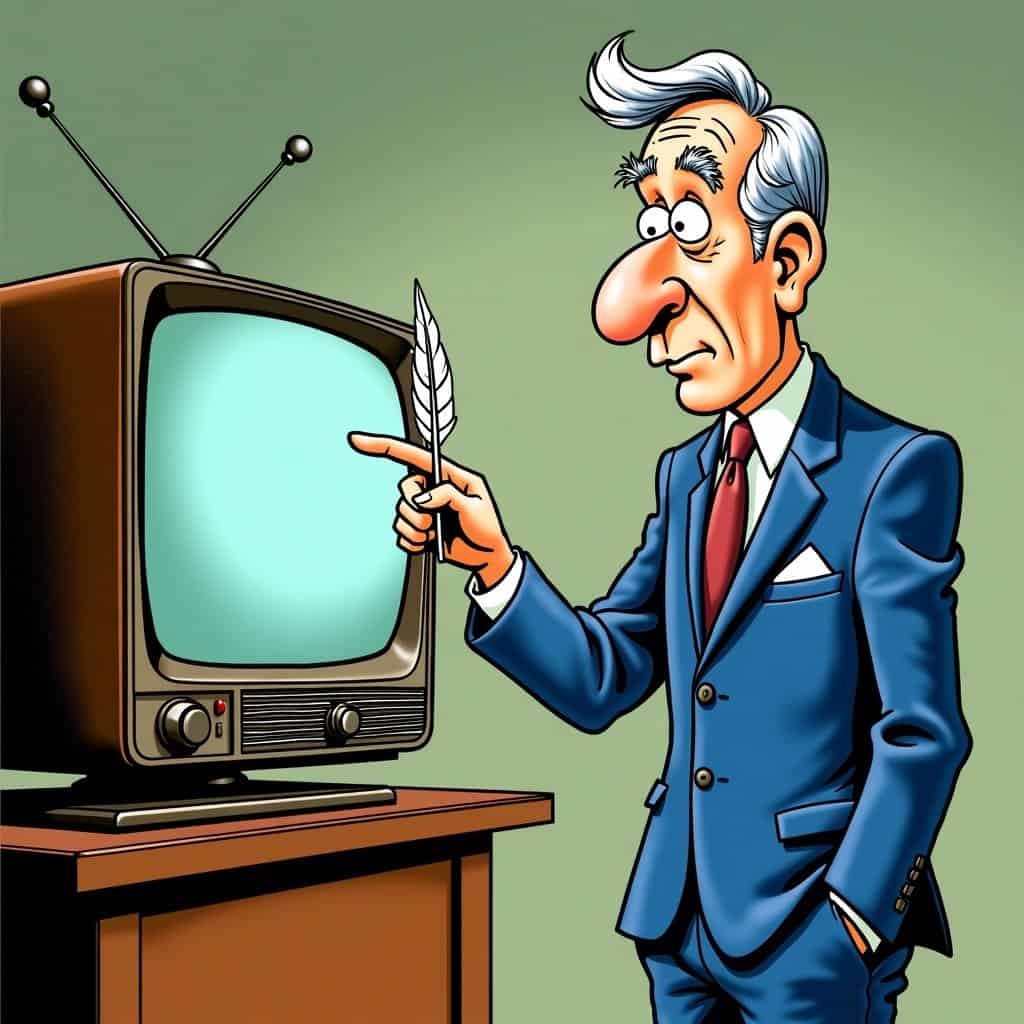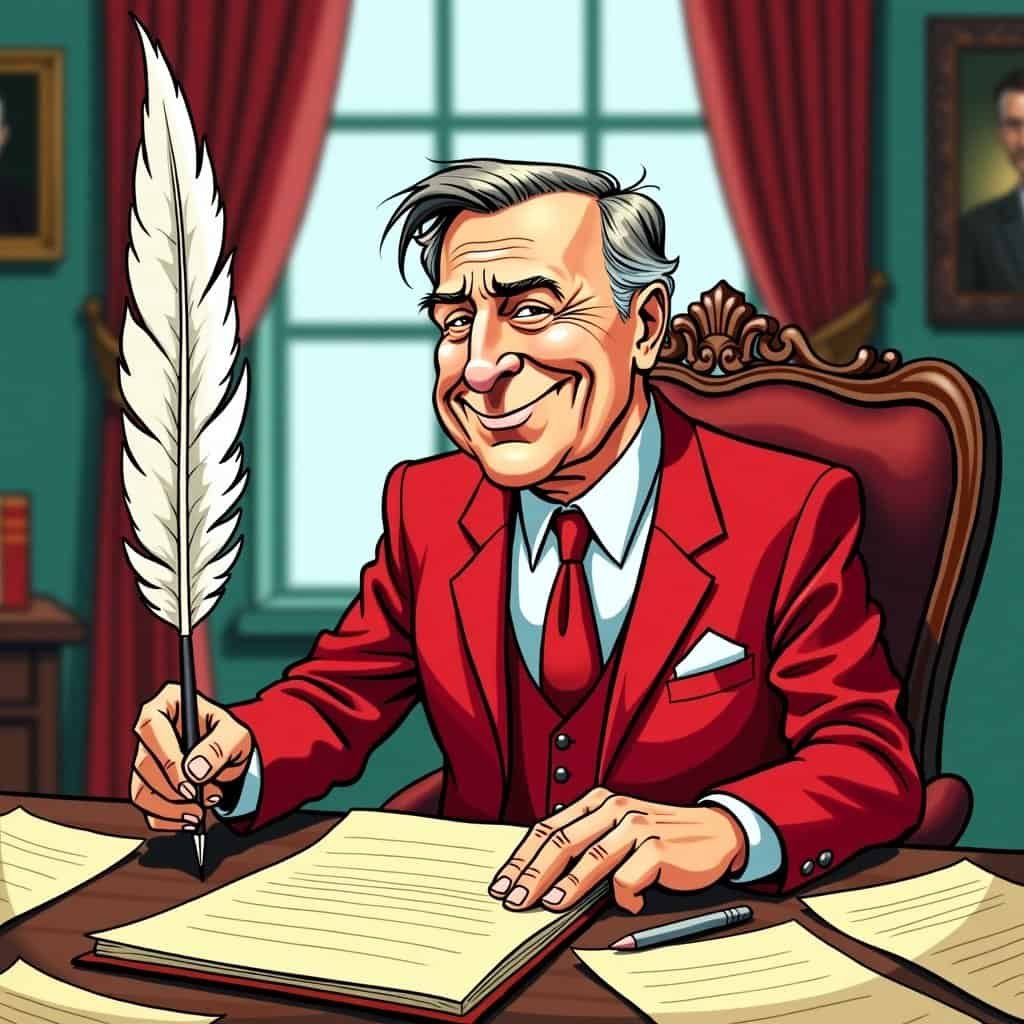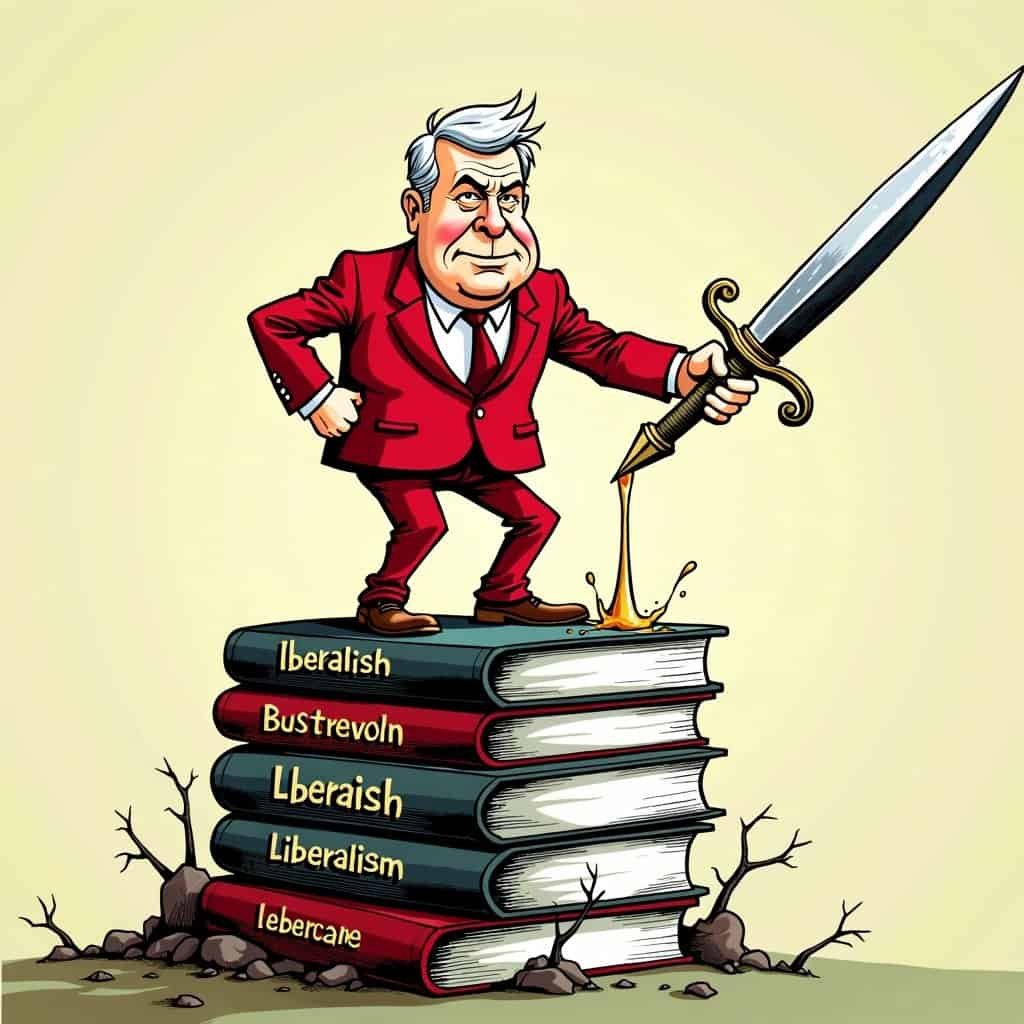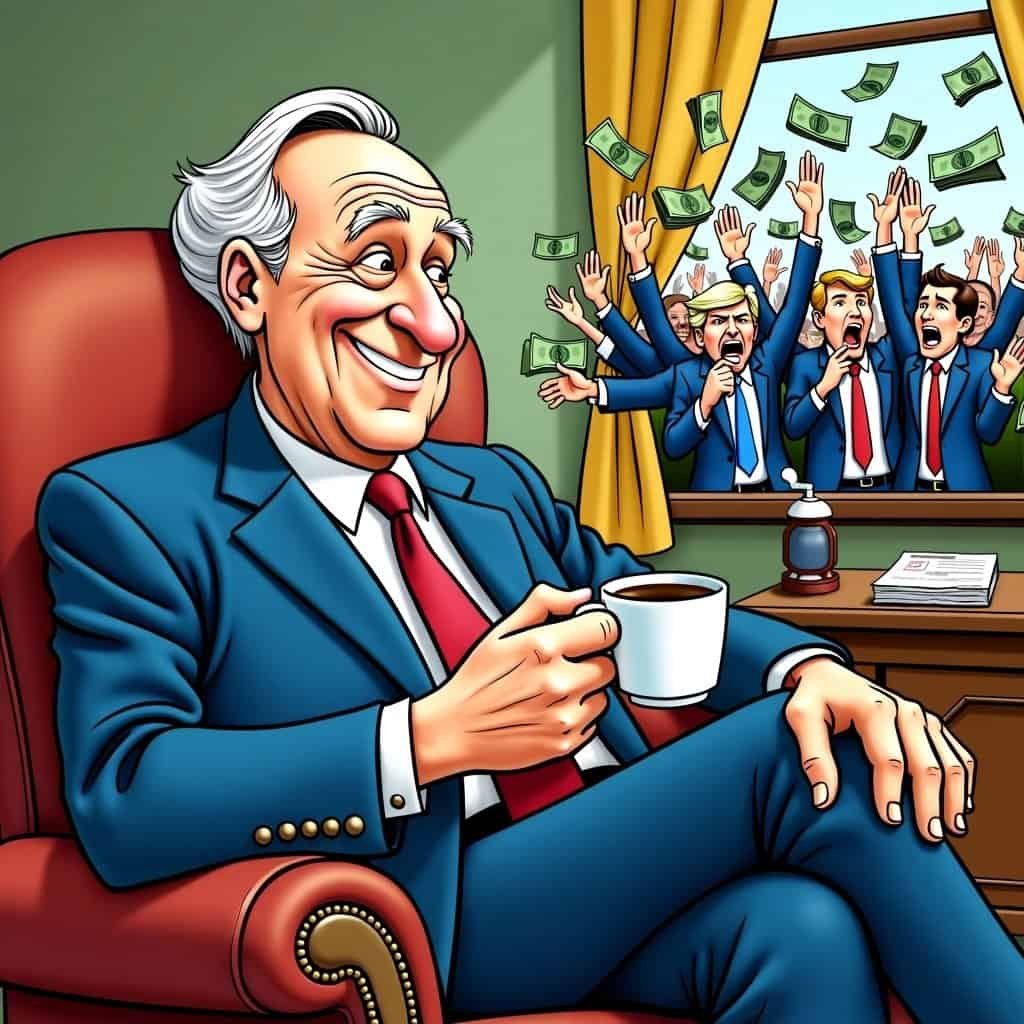Ever heard of a man who could slice through arguments like a hot knife through butter? Enter William F. Buckley Jr., a heavyweight in the conservative intellectual ring and perhaps the ultimate Intellectual Conservatism Promoter. This guy didn’t just write—he went toe-to-toe with liberal minds, leaving them scratching their heads and questioning their life choices. Some joke that Buckley popped out of the womb clutching a conservative manifesto. A bit much? Probably. But you can’t deny he took to conservative values like a fish to water. From kickstarting the National Review in 1955 to hosting the iconic “Firing Line,” Buckley made intellectual conservatism cool. Imagine that—a conservative brainiac setting trends!
The National Review wasn’t your average rag. It was the Fort Knox of conservative thought, standing firm against the tidal wave of New Deal liberalism. Buckley got something big: conservatism is about keeping what works while always looking to up the game—not tearing society apart just to test drive every half-baked idea that comes along.
Buckley’s Big Ideas
So what was Buckley’s schtick? For starters, he was all about slashing taxes. He figured letting folks keep more of their hard-earned cash instead of forking it over to Uncle Sam would kickstart a booming economy. Less government meddling, more personal responsibility—sounds crazy, right? Except it’s the bread and butter of conservative thinking. When businesses thrive, everyone gets a slice of the pie.
Buckley’s Zingers: A Sample Platter
- 🎤 “I’d rather be governed by the first 2,000 names in the phone book than by the Harvard faculty.”
- 🎭 “Liberals claim to want to give a hearing to other views, but then are shocked and offended to discover that there are other views.”
- 🏛️ “The best defense against usurpatory government is an assertive citizenry.”
Buckley’s way with words was off the charts. His debates were less shouting matches and more verbal chess games. That zinger about preferring government by phone book over Harvard profs? Classic Buckley mic drop! It’s not just a snappy quote; it’s a nod to trusting Joe Public’s smarts over ivory tower know-it-alls.
The Making of a Conservative Icon
What cooked up this brainy powerhouse? Buckley got schooled in the States and across the pond, plus a stint in Uncle Sam’s Army. His unique backstory led him to a lightbulb moment: the government should do less, and the people should do more. In a nutshell, his life screamed the value of personal freedom and the dangers of Big Brother getting too handsy.
Buckley didn’t just talk big; he put his money where his mouth was. He ran for New York City mayor in 1965 on the Conservative ticket. Did he expect to win? Nah. But boy, did he make a splash! He lost, sure, but he raked in a decent vote count while shining a spotlight on how liberal policies were turning America’s cities into a mess.
More Than Just Politics
Buckley got that solid conservatism isn’t just about boring policy stuff. It’s about culture, baby! Remember “Firing Line”? For over 30 years, Buckley hosted big brains, grilling them on everything from money matters to morals, no holds barred. It was reality TV before reality TV went bonkers. Guests knew they were in for a wild ride of respectful, no-nonsense debate. Nothing was off-limits—except, of course, wimpy answers.
Buckley’s Conservative Cornerstones
- Free-market capitalism: Let innovation thrive!
- Limited government: Keep Uncle Sam’s hands out of your pockets
- Personal responsibility: Pull yourself up by your bootstraps
- Strong national defense: Peace through strength
- Traditional values: Not just old-fashioned, but time-tested
Our man Buckley championed free-market capitalism like it was going out of style. A system where risk-takers hit the jackpot and innovation runs wild? Sign him up! This setup boosts the economy, raises living standards, and keeps the government from morphing into a giant, overbearing nanny. On the flip side, Buckley saw the Dems’ obsession with spreading the wealth as a recipe for disaster. Welfare dependency, innovation hitting the brakes, and shrinking job opportunities—these were the rotten fruits of liberal policies in his book.
But Buckley’s brand of conservatism wasn’t all about cold, hard cash. He knew some things were too big for local government to handle, like keeping the country safe. A beefy military and a take-no-prisoners foreign policy weren’t just nice-to-haves—they were must-haves for protecting American sovereignty. He had zero patience for international busybodies trying to water down American power or for wishy-washy liberal policies that put American lives at risk.
Think all this sounds as dry as day-old toast? That’s where Buckley’s humor saves the day. His wit made even the trickiest topics both digestible and downright entertaining. You couldn’t help but crack up while getting your brain cells fired up. It takes a special kind of genius to chat about conservative ideas and make you feel like you’re at a killer party instead of a snooze-fest lecture.
Why Buckley Still Matters
So why should we give two hoots about Buckley’s legacy today? Take a look around. Big Government getting bigger, personal responsibility going the way of the dodo, and policies that breed dependency instead of go-getters are sadly becoming the new normal. The very values Buckley fought for tooth and nail are hanging by a thread. His life is a wake-up call, reminding us what we’re in the ring for: keeping a system that rewards elbow grease, values personal freedom, and keeps America strong and independent.
Let’s cut to the chase—America is crying out for more voices like Buckley’s, ready to go to bat for conservatism against the quicksand of progressive ideology. The stakes are sky-high, and we’re in desperate need of sharp, funny, and seriously smart commentators. Buckley didn’t just push intellectual conservatism; he made it the hottest ticket in town.
Table of Contents
- Buckley’s Big Ideas
- The Making of a Conservative Icon
- More Than Just Politics
- Why Buckley Still Matters






